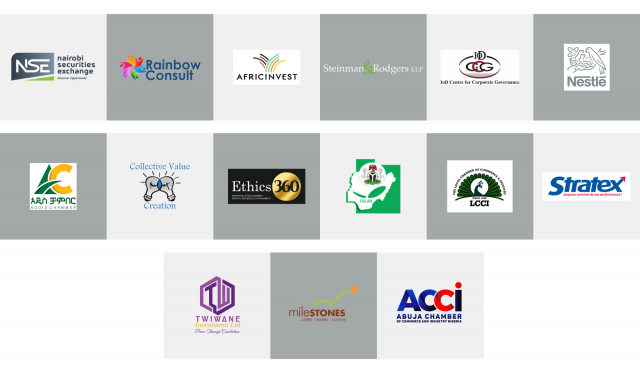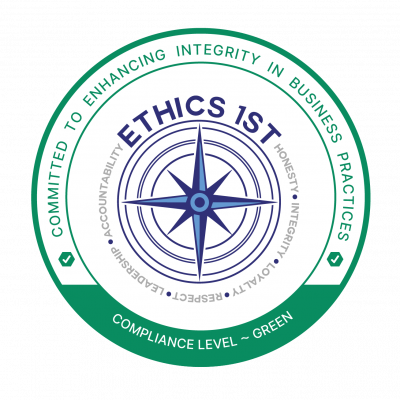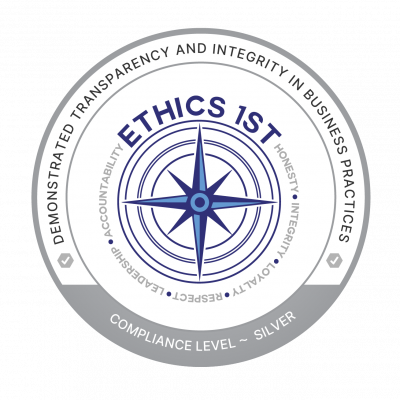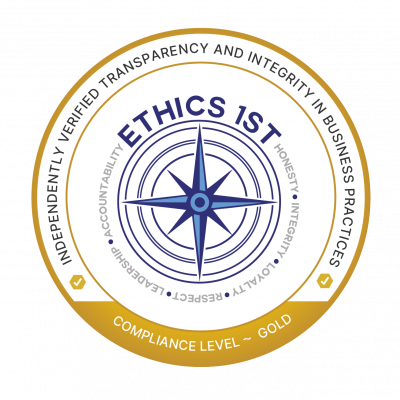Ethics 1st is a multistakeholder initiative led by the Center for International Private Enterprise (CIPE) that enables African businesses and companies in emerging markets. Its efforts focus on standardizing business practices, developing sound corporate governance and business-integrity systems, and creating pathways for accountable and sustainable investment in the region. Companies that register with Ethics 1st demonstrate to global partners and counterparts their commitment to compliance and business ethics.
Mission: To boost growth opportunities for African businesses through local business integrity solutions
Vision: A world where businesses are active partners in reducing corruption
Goals of Ethics 1st:
- De-risk investment into African economies to increase return on investment
- Better integrate African companies into global value chains
- Continue to ensure that the Ethics 1st governance and corporate ethics compliance benchmark, which is based on internationally recognized standards adapted for business operations in emerging markets, is accessible to African businesses
Ethics 1st Values
Building an eco-system of enterprises with shared values of corporate governance, and ethics.
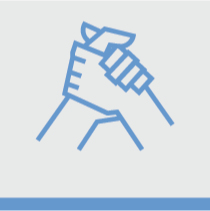 Loyalty is being faithful to commitments or obligations. Loyalty implies a firm adherence to a person or thing or to the oath or promise by which a tie was contracted resisting any temptation to abandon or turn against.
Loyalty is being faithful to commitments or obligations. Loyalty implies a firm adherence to a person or thing or to the oath or promise by which a tie was contracted resisting any temptation to abandon or turn against.
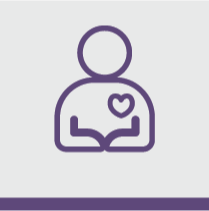 Honesty is the uprightness of character and action. It involves being truthful, trustworthy, and refraining from lying, misrepresentation, cheating, or stealing. Ethics 1st champions virtues of truthfulness fairness and strong regard for what is right and fair to all.
Honesty is the uprightness of character and action. It involves being truthful, trustworthy, and refraining from lying, misrepresentation, cheating, or stealing. Ethics 1st champions virtues of truthfulness fairness and strong regard for what is right and fair to all.
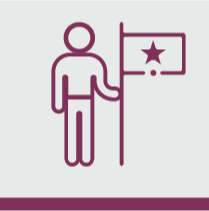 Leadership is a process of social influence, which maximizes the efforts of others, towards the achievement of a goal. Leaders are expected to set an example for those around them of the high ideals they stand for.
Leadership is a process of social influence, which maximizes the efforts of others, towards the achievement of a goal. Leaders are expected to set an example for those around them of the high ideals they stand for.
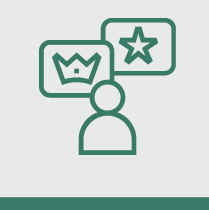
Integrity is the adherence to a code of moral values that involves trustworthiness, incorruptibility, and equity. Ethics 1st recognizes an individual or organization with integrity is worthy of trust, responsibility, and commitment.
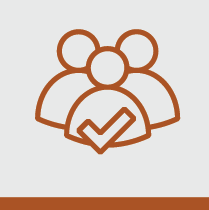 Accountability is the readiness to give an explanation or justification for one’s judgments, intentions, and actions acknowledging and accepting responsibility for the results. To be accountable is to agree to be responsible for upholding the goals and ideals set forth upon the accountable party.
Accountability is the readiness to give an explanation or justification for one’s judgments, intentions, and actions acknowledging and accepting responsibility for the results. To be accountable is to agree to be responsible for upholding the goals and ideals set forth upon the accountable party.
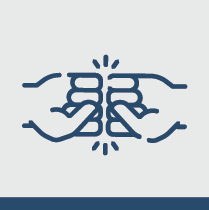 Respect involves high regard, honor, or esteem for the feelings, wishes, rights, and dignity of all.
Respect involves high regard, honor, or esteem for the feelings, wishes, rights, and dignity of all.
How Does Ethics 1st Work?
Ethics 1st offers risk management and compliance verification solutions through an innovative combination of a digital platform and a network of Africa-based compliance experts. The framework provides a customizable set of tools for companies and investors of all sizes, across economic sectors, and targeting various export and import markets. Companies receive a clear roadmap for compliance with all relevant global standards and national regulations, and their investors enjoy an assurance that African supply chains and vendors are in compliance.
African businesses that register on Ethics 1st have access to tailored capacity building support and independent compliance assessment at a fraction of the market cost for this service, which makes them competitive and resilient. Each business is ranked green, silver, or gold based on the strength of their governance and business integrity systems.
CIPE established a network of compliance professionals, the African Business Integrity Network (ABIN), to provide the necessary training, consulting, and coaching on compliance and risk management. The ABIN offers substantive and comprehensive programs for businesses to help them learn about internationally recognized standards of compliance and best practices, and to develop adequate risk-management capacity for their local contexts and industry conditions.
After building capacity, companies listed on Ethics 1st can opt to undertake an independent verification of their ethical maturity. This verification process involves a two-step exercise which includes a comprehensive field audit and an anonymous review by an Ethics 1st advisory committee consisting of industry experts.
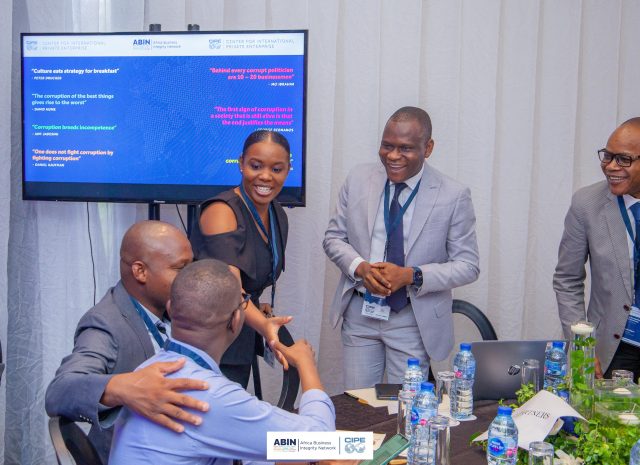 Up-skill Your African Supply Chain to Align with International Best Practices
Up-skill Your African Supply Chain to Align with International Best Practices
In 2023, Ethics 1st launched the Supply Chain Integrity Partnership program – a platform for industry champions looking to build the compliance capacity of African businesses within their business eco-systems. Supply Chain Integrity Partners (SIPs) commit to nurturing habitual compliance by partnering with CIPE to provide the training and verification required for companies within their supply chains to meet exacting ethical standards.
This program enables SIPs to demonstrate that their suppliers have implemented adequate procedures through their listing on Ethics 1st, and to join a network of businesses with shared values and integrity, empowered to withstand pressure to engage in corrupt practices.
Benefits of the SIP Program
- Free access to credible, aggregated due diligence data from African Companies
- Free access to a supply chain risk matrix to reduce investment risk
- Strengthened fiduciary responsibility to SIP donors, funders and financiers
- Improved capacity for investors to heed laws, regulations and rules for corporate governance and environmental and social standards
- Global visibility as an ethical compliance champion
- Compliance maturity for the SIP and companies within its supply chain
Advisory Committee
The Committee is composed of highly qualified individuals from across Africa and the United States with expertise on matters of ethical compliance and corporate governance specifically with backgrounds in Private Financial Institutions, multinational companies and banks, Business Organizations, Chambers of Commerce, and Business Associations with operations in Sub-Saharan Africa.

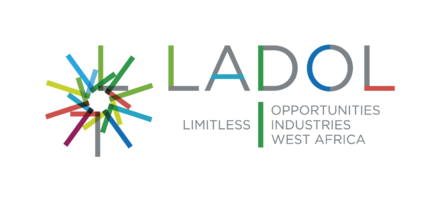
Dr. Amy Jadesimi
Dr. Jadesimi is the Chief Executive Officer of LADOL, a $500 million Industrial Free Zone. Amy got financial training at Goldman Sachs & Stanford Graduate School of Business & medical training at Oxford University.
Her accolades include being appointed to UNDP Steering Committee on SDGs (2019) and the UNICEF Advisory Group (2019). Dr. Jadesimi was voted the Oil and Gas Leading Woman of the Year (Foreign Investment Network, 2018), one of Top 25 Africans to Watch (Financial Times and she is a member Advisory Board of Prince’s Trust International and the International Chamber of Commerce (ICC) Advisory Group on Trade Finance (ATF) and contributor to Forbes.
Dr. Jadesimi received her MBA from Stanford University, MA (OXON) and her BMBCh from Oxford University).
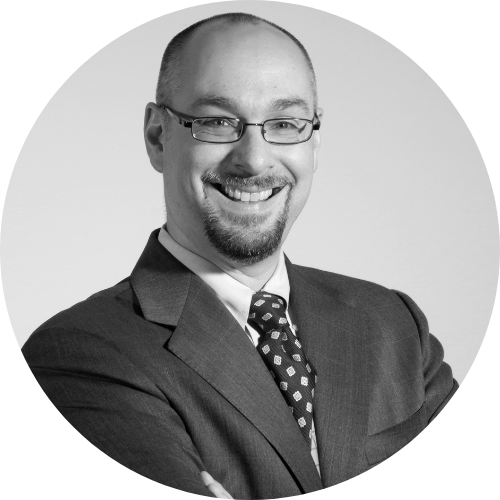
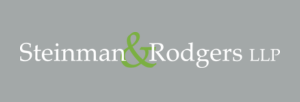
William Steinman
William Steinman has been providing advice to multinational companies regarding the Foreign Corrupt Practices Act (the “FCPA”) and other anti-corruption laws for over a quarter century. Prior to establishing Steinman & Rodgers, Mr. Steinman was the head of the international practice group at a major U.S. law firm.
Mr. Steinman is considered an authority in the engagement of overseas third parties, such as sales representatives, consultants, distributors/resellers, logistics service providers, and other supply chain partners.
He is an adjunct professor at Catholic University’s Columbus School of Law and Roger Williams University School of Law, where he teaches advanced seminars on international anti-corruption law. Mr. Steinman received his J.D. from the Harvard Law School in 1993, and graduated summa cum laude from the University of Vermont in 1990. He is a member of the District of Columbia Bar.
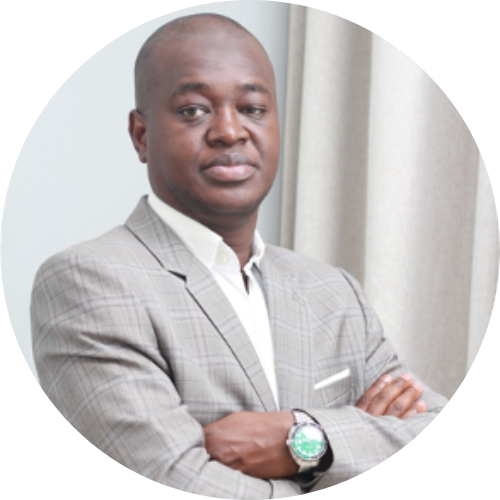
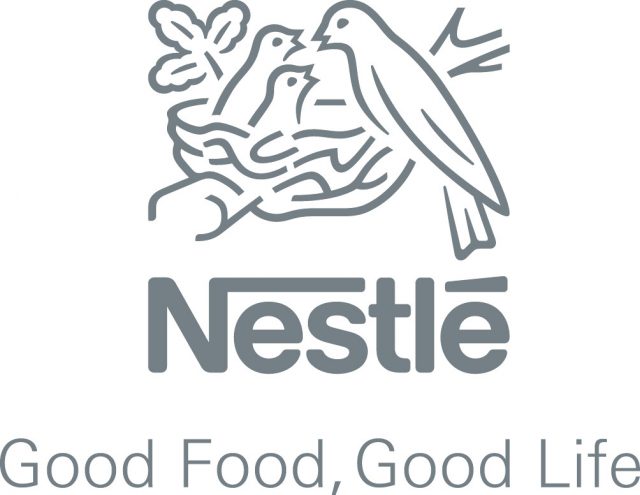
Mohamed Komara
Mohamed Komara is a Senior Legal and Compliance Counsel with expertise spanning across the areas of strategic and operational management of regulatory matters, legal, compliance, and corporate governance matters within sub-Saharan Africa. In January 2019, Mohamed assumed the position of General Counsel and Compliance Officer, Central, West & Central Africa Region, and oversees the legal and compliance portfolio for Nestlé’s businesses in the Region (25 countries).
Before Nestlé, Mohamed had a wealth of experience from the FMCG and private sector in sub-Sahara Africa, having worked with multinationals such as Ernst & Young Senegal, British American Tobacco, GlaxoSmithKline, Lafarge-Holcim and The Coca-Cola Company. Aspects of his work record include the implementation of Good Governance standards and proper adherence to the Code of Business.
Mohamed holds a master’s degree in International Business Law and Tax. He enjoys sports, traveling, reading, music, and is very passionate about developing Young African talents.
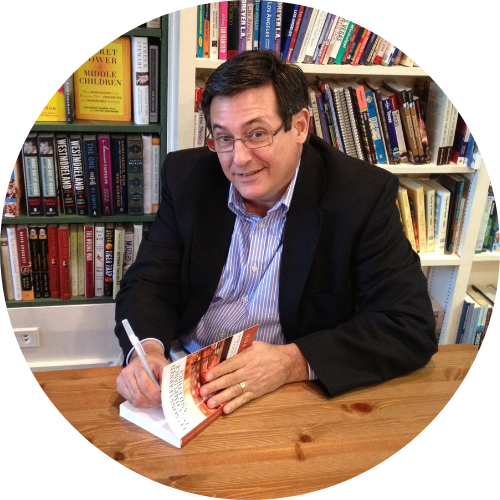

Thomas Fox
Thomas Fox has practiced law in Houston for 30 years. He is an Independent Consultant, assisting companies with anti-corruption and anti-bribery compliance and international transaction issues. He specializes in bringing business solutions to compliance problems. He was most recently the General Counsel at Drilling Controls, Inc., a worldwide oilfield manufacturing and service company.
Tom is the author of the award-winning FCPA Compliance and Ethics Blog and the international best-selling book “Lessons Learned on Compliance and Ethics”. He is a monthly columnist and weekly blogger for Compliance Week; a monthly columnist and frequent contributor to the SCCE Magazine and a Contributing Editor to the FCPA Blog.
Thomas is the founder of the Compliance Podcast Network and a notable speaker on issues related to compliance and ethics, the use of social media in compliance, and corporate leadership.
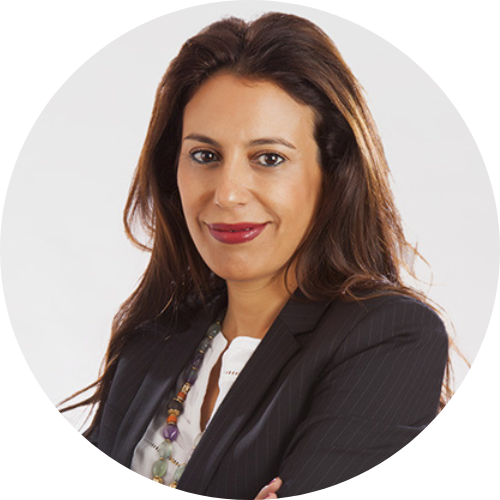
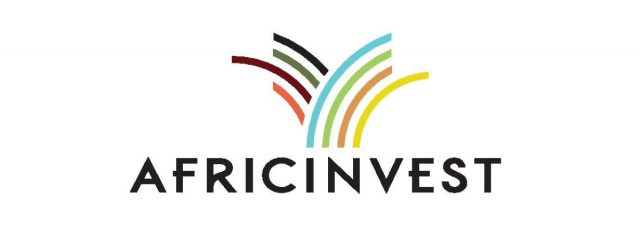
Samia Tnani
Samia Tnani, Chief Credit Officer at AfricInvest Private Credit, the debt vehicle of the AfricInvest Group is a seasoned credit professional with strong expertise on the African continent. In her current role, Samia drives credit transactions for African SMEs to finance their growth in a sustainable manner.
Previously, she was the General Manager of the Université Paris-Dauphine, Tunis Campus, where she led the launch of the university’s campus in Tunis. Samia also has 11 years of banking experience with Citibank in Tunis, her last position being Country Risk Manager.
Samia is passionate about gender finance, she volunteers with the Cartier Women Initiative as Jury member for Sub-Saharan Africa. She holds a board position with the Fondation de la Maison de Tunisie in Paris.
Samia is a graduate of IHEC Carthage (BA), and the University of Paris-Dauphine (Master and PhD in Finance).
Register with Ethics 1st or Get More Information
Resource Partners (ABIN Members)
